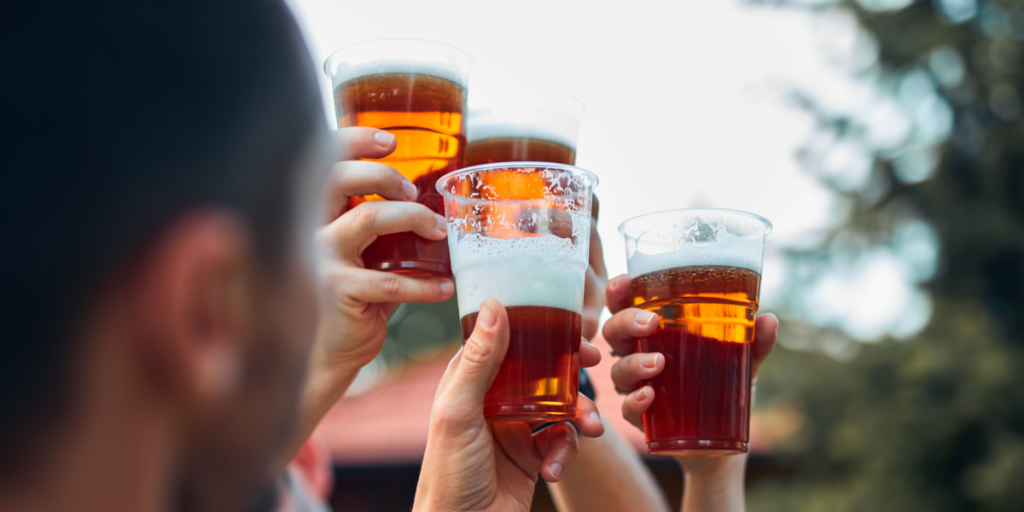A gradual increase in taxes on beer and hard liquor have been approved.
Others are reading now
Vietnam’s National Assembly has approved sweeping tax reforms targeting alcoholic and sugary beverages, as part of a long-term public health and fiscal strategy. The phased increases will take effect beginning in 2027, with the steepest hikes hitting beer and spirits by the start of the next decade.
Under the new plan, taxes on all alcoholic beverages with more than 20% alcohol content will rise by five percentage points each year, eventually reaching 90% by 2031. For drinks under 20% alcohol – including beer, which currently faces a 35% tax – the levy will increase to 60% over the same period.
While health advocates have praised the decision, lawmakers emphasized the gradual nature of the increase was intended to avoid public shock. “The gradual annual tax increase is not intended to change behavior, but rather to help consumers adapt more easily,” said lawmaker Hoang Van Cuong during a March session.
In addition to alcohol, the parliament approved a new sugar tax. Starting in 2027, beverages containing more than five grams of sugar per 100 milliliters will face an 8% tax, increasing to 10% in 2028.
Also read
The measures come as Vietnam faces both a public health crisis and shifting consumer habits. An estimated 41,000 Vietnamese die annually due to alcohol-related causes, according to the Ministry of Health. Meanwhile, stricter regulations – including a zero-alcohol driving law – have already curbed on-premise drinking.
Still, cultural and social factors remain strong. “Vietnam’s drinking culture has roots that are far too deep to be uprooted by policy alone,” said Dan Martin, a consultant with Dezan Shira & Associates. However, he noted that behavioral shifts were already taking place, with more consumers opting to drink at home instead of in bars or restaurants.
Vietnam currently ranks 7th in the world for beer consumption, according to a 2022 report from Kirin Holdings. The new tax reforms signal a decisive shift in the country’s effort to balance cultural norms with pressing health challenges.


